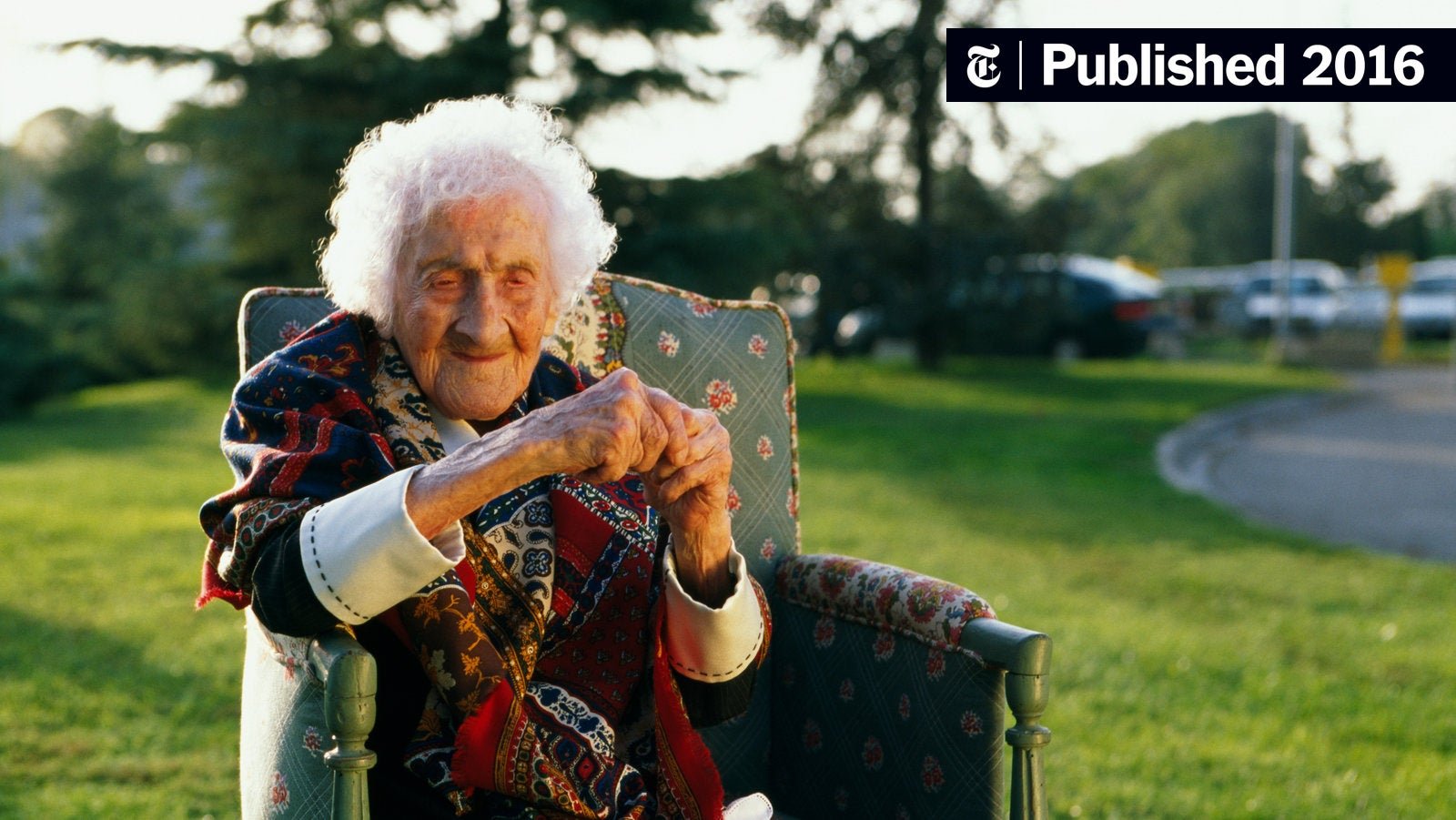122 is the record for humans nyt : A Comprehensive Guide
Introduction to the Record for Humans
Welcome to a fascinating journey into the realm of human longevity, where 122 stands as an awe-inspiring record for all of us to marvel at. In this blog post, we will delve deep into the history, significance, controversies, and lessons surrounding this remarkable achievement. Join us as we explore the secrets behind reaching such a milestone and discover how you can enhance your own health and longevity. Let’s embark on this enlightening adventure together!
The History of the Record and its Significance
In the realm of human longevity, the record for living to 122 is the record for humans nyt holds a special place in history. This remarkable achievement dates back to Jeanne Calment from France, who set the bar high for others to follow. Her life spanned across different centuries, witnessing significant events and societal changes.
The significance of this record lies not only in the number itself but also in what it represents – resilience, adaptability, and perhaps a touch of luck. Breaking through previous age barriers opened up new possibilities for understanding aging and lifespan.
As researchers delve deeper into the secrets behind reaching such an advanced age, they uncover valuable insights that can potentially benefit future generations. The historical context surrounding this record sheds light on how far we’ve come in terms of healthcare, technology, and overall well-being.
Looking back at the journey leading up to 122 is the record for humans nyt offers us a glimpse into what is achievable when determination meets opportunity.
Breaking Down the Numbers: How 122 Was Achieved
Breaking down the numbers behind reaching 122 years old is like unraveling a fascinating mystery. It involves a combination of genetics, lifestyle choices, and sheer luck.
Genetics play a significant role in determining our lifespan, with some individuals inheriting longevity genes that predispose them to living longer. However, it’s not just about what we’re born with; how we live our lives also plays a crucial part.
Healthy habits such as regular exercise, a balanced diet rich in nutrients, and managing stress can all contribute to extending our lifespan. Avoiding harmful substances like smoking and excessive alcohol consumption is also key in maintaining good health over the years.
But beyond the physical aspect, mental well-being and social connections are equally important factors in achieving a long life. Maintaining strong relationships with loved ones and engaging in activities that bring joy and fulfillment can have a profound impact on overall longevity.
In essence, reaching 122 is the record for humans nyt isn’t just about one secret formula but rather a holistic approach to taking care of both body and mind throughout the journey of life.
The Controversy Surrounding the Record
The controversy surrounding the record of 122 as the oldest age reached by a human is not without its skeptics. Some question the validity of the data and methods used to confirm this milestone, suggesting that it may be exaggerated or inaccurate. Others argue that advancements in technology and healthcare could lead to even longer lifespans in the future.
There are also ethical concerns raised about whether extreme longevity is desirable or sustainable for individuals and society as a whole. Questions arise about quality of life, resources allocation, and societal implications if more people were to live well beyond 100 years.
Debates continue among scientists, ethicists, and policymakers on how best to approach aging and longevity in light of these new records being set. While some see it as a cause for celebration and further research into extending human lifespan, others urge caution and thoughtful consideration of the consequences that come with pushing the boundaries of aging.
Lessons Learned from Those Who Have Lived Past 100
Living past the age of 100 is a remarkable achievement that offers valuable insights into longevity and well-being. Those who have reached this milestone often share common traits like maintaining a positive outlook on life, staying physically active through regular exercise or activities they enjoy, and prioritizing healthy eating habits with a focus on whole foods.
In addition to physical health practices, emotional resilience and strong social connections play crucial roles in living a long and fulfilling life. Many centenarians emphasize the importance of cultivating meaningful relationships, staying mentally stimulated through lifelong learning, and finding purpose by engaging in activities that bring joy and fulfillment.
By observing these lessons from individuals who have thrived beyond 100 years old, we can glean wisdom on how to enhance our own lifestyles for improved well-being and longevity. Incorporating these principles into our daily routines may not only add years to our lives but also increase the quality of those years spent with vitality, resilience, and happiness.
How to Improve Longevity and Health in Your Own Life
Incorporating healthy habits into your daily routine can greatly impact your longevity and overall well-being. Start by prioritizing regular physical activity, whether it’s through a brisk walk, yoga session, or dance class. Movement is key to maintaining a strong and agile body.
Focus on nourishing your body with whole foods like fruits, vegetables, lean proteins, and whole grains. Eating a balanced diet rich in nutrients will provide the fuel your body needs to thrive. Stay hydrated by drinking plenty of water throughout the day to support various bodily functions.
Prioritize quality sleep by establishing a relaxing bedtime routine and creating a comfortable sleep environment. Adequate rest is crucial for rejuvenating both your mind and body. Manage stress through mindfulness practices such as meditation or deep breathing exercises to promote mental clarity and emotional well-being.
Developing strong social connections with friends and family can also contribute to longevity by fostering a sense of belonging and support system. Remember, small changes can lead to significant improvements in your health over time.
Looking Towards the Future: Is 122 Just the Beginning?
As we marvel at the incredible feat of reaching 122 years of age, it’s natural to wonder what the future holds for human longevity. Is this remarkable milestone just the beginning of what is possible for us as a species? With advancements in medical technology and research into aging, there is great potential for even greater breakthroughs in extending our lifespan.
Scientists are continuously uncovering new insights into the mechanisms behind aging and how we can potentially slow down or reverse its effects. From genetic therapies to lifestyle interventions, there is a growing body of knowledge that could pave the way for longer, healthier lives.
The concept of living well past 100 may no longer be confined to science fiction; it could become a reality within our lifetime. Imagine a world where centenarians are not uncommon but celebrated members of society, sharing their wisdom and experiences with generations to come.
While challenges undoubtedly lie ahead, the prospect of pushing boundaries and redefining what it means to age gracefully is an exciting one. As we look towards the future, let’s embrace the possibilities that may await us on our journey towards extended longevity.
Conclusion
In a world where the pursuit of longevity and health is an ever-present goal for many, the record of 122 years stands as a testament to human resilience and potential. The journey towards breaking barriers in lifespan continues to fascinate and inspire us, prompting us to reflect on how we can improve our own well-being.
As we delve into the history, significance, controversies, and lessons learned from individuals who have lived past 100, it becomes clear that there is much wisdom to be gained from their experiences. By adopting healthy habits, staying active both mentally and physically, cultivating strong social connections, and embracing a positive outlook on life, we can strive towards a longer and more fulfilling existence.
While reaching the age of 122 may seem like an extraordinary feat today, advancements in science and medicine suggest that this milestone may just be the beginning. With ongoing research into aging processes, genetic factors, lifestyle interventions, and personalized healthcare approaches, the possibilities for extending human lifespan are expanding.
As we continue to learn from those who have defied conventional expectations of aging and longevity, let us embrace their stories as sources of inspiration for our own paths towards healthier living.







